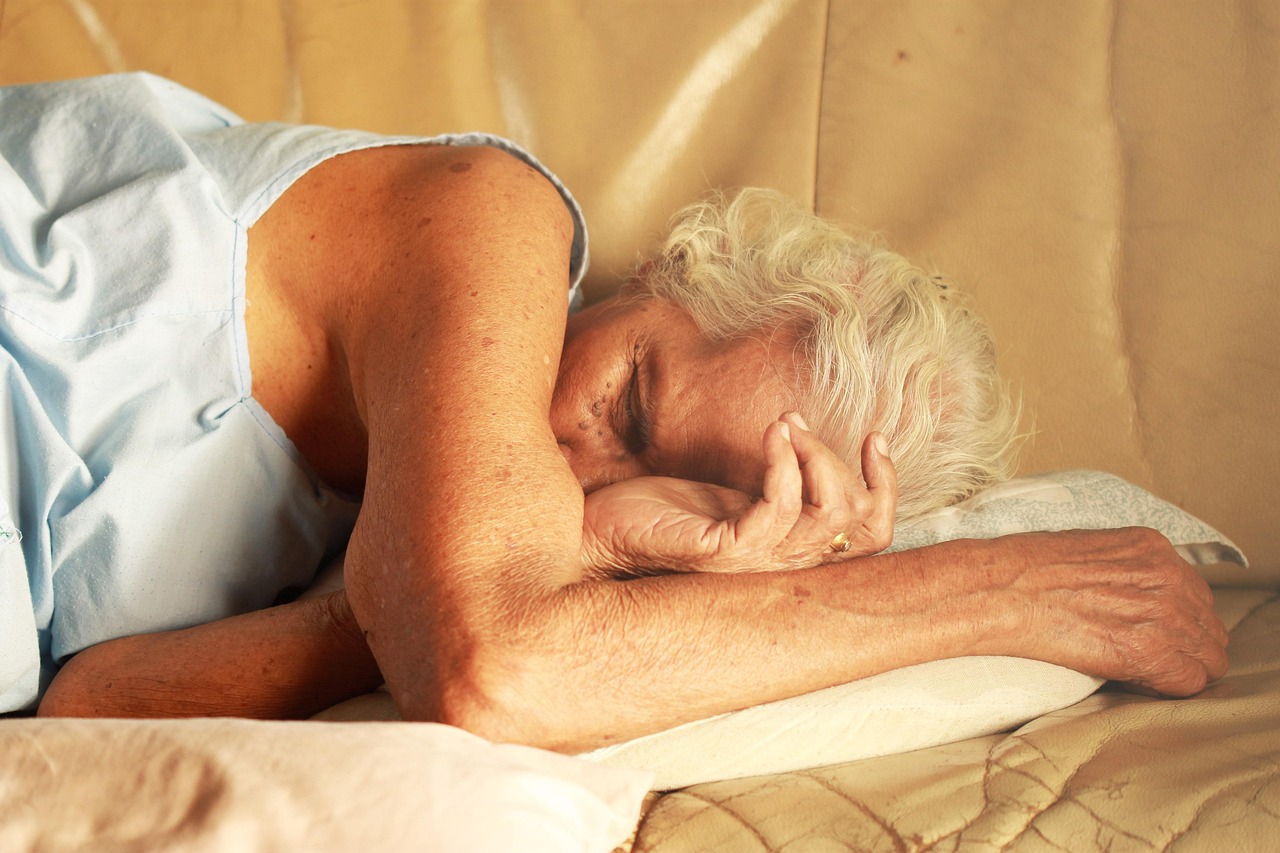Are you tossing and turning, struggling to find your way to dreamland? A restful night’s sleep is foundational to overall health and well-being, yet millions struggle with sleep issues. This blog post will delve into the world of sleep support, exploring various strategies and techniques to help you achieve the restorative slumber you deserve. From optimizing your sleep environment to understanding the role of supplements, we’ll cover actionable tips to improve your sleep quality.
Understanding the Science of Sleep
Sleep Stages and Cycles
Understanding the different stages of sleep is crucial for optimizing your sleep schedule. Sleep occurs in cycles of approximately 90 minutes, moving through several stages:
- Stage 1 (NREM 1): A light sleep stage where you’re easily awakened.
- Stage 2 (NREM 2): A slightly deeper sleep stage, with slower brain waves.
- Stage 3 (NREM 3): The deepest and most restorative stage of sleep, also known as slow-wave sleep. It’s during this stage that the body repairs tissues and strengthens the immune system.
- REM (Rapid Eye Movement): Characterized by rapid eye movements and brain activity similar to wakefulness. This is when most dreaming occurs, and it’s vital for cognitive function and memory consolidation.
The Importance of Circadian Rhythm
Your circadian rhythm is your body’s internal clock, regulating sleep-wake cycles over a 24-hour period. This rhythm is influenced by light exposure, meal times, and other environmental cues. Disruptions to your circadian rhythm, such as from shift work or jet lag, can lead to insomnia and other sleep disorders.
- Example: Exposure to bright light in the evening, especially from electronic devices, can suppress melatonin production and delay your sleep onset.
- Takeaway: Maintain a consistent sleep schedule, even on weekends, to help regulate your circadian rhythm.
Optimizing Your Sleep Environment
Creating a Sleep-Conducive Bedroom
Your bedroom should be a sanctuary dedicated to rest and relaxation. A well-optimized sleep environment can significantly impact your sleep quality.
- Darkness: Make your room as dark as possible. Use blackout curtains or an eye mask to block out external light.
- Quiet: Minimize noise pollution. Use earplugs, a white noise machine, or a fan to create a calming sound environment.
- Temperature: Keep your bedroom cool, ideally between 60-67°F (15-19°C).
- Comfort: Invest in a comfortable mattress, pillows, and bedding. Ensure your mattress provides adequate support and that your pillows are the right height for your sleeping position.
- Example: Paint your bedroom in calming, neutral colors like blue or green.
The Role of Bedding and Sleep Accessories
The right bedding and accessories can enhance comfort and improve sleep.
- Mattress: Choose a mattress that provides adequate support and conforms to your body’s natural curves.
- Pillows: Select a pillow that supports your head and neck in a neutral position. Consider different types of pillows, such as memory foam, down, or cervical pillows, based on your preferences and sleeping position.
- Weighted Blankets: These blankets can promote relaxation and reduce anxiety by providing gentle pressure.
- Sleep Masks: A sleep mask can block out unwanted light and create a darker sleep environment.
- Example: If you sleep on your side, a thicker pillow will help keep your spine aligned.
Lifestyle Habits for Better Sleep
Diet and Nutrition for Sleep
What you eat and drink can have a significant impact on your sleep. Certain foods and beverages can promote sleep, while others can disrupt it.
- Foods to Promote Sleep:
Tart Cherry Juice: Rich in melatonin, which helps regulate sleep. A study showed that drinking tart cherry juice can improve sleep duration and quality.
Kiwi: Contains antioxidants and serotonin, which can promote relaxation and sleep.
Almonds: A good source of magnesium, which helps relax muscles and promote sleep.
Chamomile Tea: Contains apigenin, an antioxidant that may promote sleepiness.
- Foods to Avoid Before Bed:
Caffeine: Stimulates the nervous system and can interfere with sleep. Avoid coffee, tea, and chocolate close to bedtime.
Alcohol: While it may initially make you feel sleepy, alcohol disrupts sleep cycles and can lead to fragmented sleep.
Heavy, Fatty Meals: Can cause indigestion and discomfort, making it difficult to fall asleep.
Spicy Foods: Can cause heartburn and discomfort.
Exercise and Sleep
Regular exercise can improve sleep quality, but the timing is important.
- Benefits of Exercise: Exercise can reduce stress, improve mood, and promote deeper sleep.
- Timing Matters: Avoid intense workouts close to bedtime, as they can increase adrenaline and make it difficult to fall asleep. Aim to exercise earlier in the day.
- Example: A brisk walk or a gentle yoga session in the evening can promote relaxation and prepare you for sleep.
Managing Stress and Anxiety
Stress and anxiety are common culprits behind sleep problems. Implementing stress-reduction techniques can significantly improve your sleep.
- Mindfulness Meditation: Practice mindfulness meditation to calm your mind and reduce stress.
- Deep Breathing Exercises: Slow, deep breaths can activate the parasympathetic nervous system and promote relaxation.
- Journaling: Write down your thoughts and feelings to clear your mind before bed.
- Progressive Muscle Relaxation: Tense and release different muscle groups to reduce tension and promote relaxation.
- Example: Dedicate 10-15 minutes each evening to a relaxation technique to wind down before bed.
Exploring Sleep Supplements
Melatonin: The Sleep Hormone
Melatonin is a hormone that regulates the sleep-wake cycle. Supplementing with melatonin can be helpful for people with insomnia or those experiencing jet lag.
- How it Works: Melatonin signals to the brain that it’s time to sleep.
- Dosage: Start with a low dose (0.5-1 mg) and gradually increase if needed. It’s best to take melatonin about 30-60 minutes before bedtime.
- Caution: Consult with a healthcare professional before taking melatonin, especially if you have any underlying medical conditions or are taking other medications.
Magnesium: The Relaxation Mineral
Magnesium is an essential mineral that plays a role in muscle relaxation and nerve function. It can help reduce stress and promote sleep.
- How it Works: Magnesium helps regulate neurotransmitters involved in sleep.
- Types of Magnesium: Magnesium glycinate is often recommended for sleep due to its high absorption rate and minimal side effects.
- Dosage: The recommended dose varies, but typically falls between 200-400 mg per day.
- Example: Taking magnesium glycinate before bed can help relax muscles and calm the mind.
Other Natural Sleep Aids
Several other natural supplements may help improve sleep.
- Valerian Root: Has been used for centuries as a natural sleep aid.
- Chamomile: Contains apigenin, an antioxidant that may promote sleepiness. Often consumed as a tea.
- L-Theanine: An amino acid found in green tea that can promote relaxation without causing drowsiness.
- Example: A cup of chamomile tea or a valerian root capsule before bed might help you fall asleep faster.
Conclusion
Achieving consistent, restful sleep requires a multi-faceted approach. By understanding the science of sleep, optimizing your sleep environment, adopting healthy lifestyle habits, and exploring the potential benefits of sleep supplements, you can take control of your sleep and improve your overall well-being. Remember to consult with a healthcare professional or sleep specialist if you’re experiencing persistent sleep problems. Prioritizing sleep is an investment in your health, energy, and quality of life.




